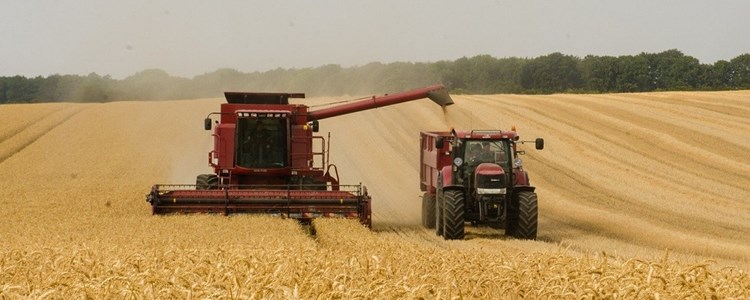
For when the chips are down – preserving UK soil microbial biodiversity for sustainable agriculture
Scientists from the UK’s foremost agricultural research institutes have teamed up to create a new UK Crop Microbiome Cryobank (UK-CMCB) to safeguard future research and facilitate the sustainable yield improvement of the UK’s six major food crops including barley, oats, oil seed rape, potato, sugar beet and wheat.
CABI, who is leading the BBSRC project, joins researchers from Rothamsted Research, Scotland’s Rural College (SRUC) and the John Innes Centre, in developing a ‘Noah’s Ark’ of UK microbes from crop systems that will form the first publicly available resource of its kind anywhere in the world.
Scientists from the University of East Anglia (UEA) and the James Hutton Institute will also be collaborating on the initiative which will use state-of-the art cryo research techniques to preserve important crop microbiome samples from different soil types across the UK.
The UK-CMCB will provide a facility for researchers to source data and samples for their work, including living microbial material as well as genomic and metagenomic sequences (DNA) from different microbiome environments, including the rhizoplane.
Microbiomes are all the microbes present in any one ecosystem, in this case those associated with the crop plant, whether they are present in the leaves, seeds and stems or in the bulk soil around the roots. A beneficial microbiome results in a healthy plant and an improved crop yield and better-quality food.